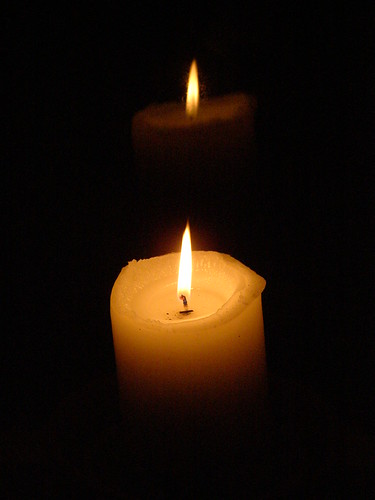

Pictured above is Trinity Broadcasting's multi-million dollar headquarters and their gold plated chairs. Trinity Broadcasting boasts $190 million in revenue every year peddling "prosperity gospel." Or the idea that Christ came so that you would be rich with money, especially if you buy their indulgences, I mean give to their ministry.
Below is video for the song "Jesusland" about what Christ might think of this mentality:

No, this is the kind of fast I want.
... I want you to share your food with the hungry
and to provide shelter for homeless, oppressed people.
When you see someone naked, clothe him!
Don't turn your back on your own flesh and blood!
... I want you to share your food with the hungry
and to provide shelter for homeless, oppressed people.

When you see someone naked, clothe him!
Don't turn your back on your own flesh and blood!
The Spirit of the Lord GOD is upon me, because the LORD has anointed me to bring good news to the poor; he has sent me to bind up the brokenhearted, to proclaim liberty to the captives, and the opening of the prison to those who are bound;

These are the verses Christ used in Luke 4 to announce His mission. Who do you trust to interpret Christ's mission?
Below is video for the song "Jesusland" about what Christ might think of this mentality:
























